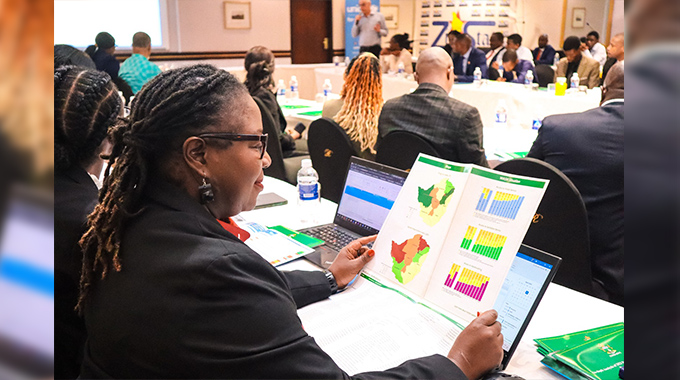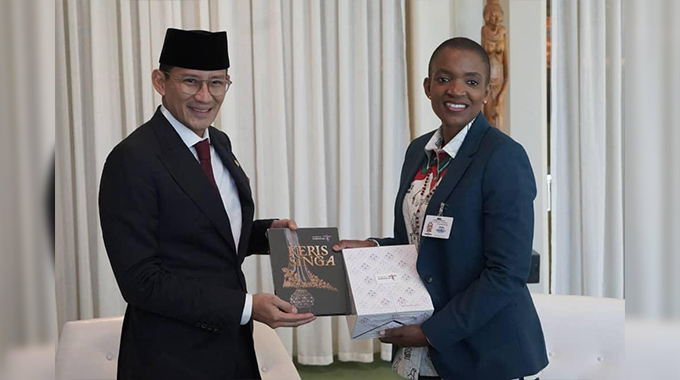African universities churn out ‘useless graduates’
Leonard Ncube, Victoria Falls Reporter
MOST universities in Africa produce half-baked graduates who do not have skills required by the industry.
Academics from across the continent have said this is compounded by the fact that a majority of lecturers also lack teaching qualifications.
The Association of African Universities (AAU) in conjunction with the Zimbabwe Council for Higher Education (Zimche) is conducting an intensive short course for university lecturers to harmonise teaching methods so lecturers can grasp skills needed to produce marketable graduates.
In a key note speech at a workshop in Victoria Falls, Zimche chief executive officer Professor Emmanuel Ngara, who was speaking on behalf of AAU secretary general Prof Etienne Ehile, said higher education institutions are overwhelmed by high competition for students without sound tuition and curriculum review.
“Many African tertiary institutions produce half-baked graduates that aren’t fit for the world of work mainly because of the way they are taught and the absence of curricular reviews that should respond to the calls of industry’s contemporary needs.
“It has been noted throughout the world that institutions realise challenges associated with higher education teaching and learning because lecturers’ recruitment framework is based on academic qualifications with no due consideration for professional teaching qualification,” said Prof Ngara.
He challenged the continent to revive its higher education systems to produce home grown solutions to overcome its myriad of developmental challenges.
Prof Ngara said the workshop seeks to promote the quality of higher education in Africa through improving university lecturers’ teaching skills and competencies and graduates’ employability.
He said some institutions had tried to establish post graduate diplomas but lecturers are overwhelmed with work, so they forego teaching training hence the need for the workshop.
Prof Ngara said AAU’s mission is to improve the quality of higher education in Africa and strengthen its contribution to development.
AAU’s Quality Assurance Specialist and project officer for Harmonization of African Higher Education Quality Assurance and Accreditation (HAQAA) Initiative Dr Violet Makuku said tertiary institutions’ curriculum should be relevant and contribute to critical thinking which is needed in the industry.
“The industry is complaining that graduates being churned out aren’t fit for market. This is a worldwide problem and in some instances lecturers have no time to attend teaching courses because of workload and what we are doing as AAU is to upskill these lecturers to cover the gap.
“Some lecturers apply poor teaching practices because they don’t have a professional teaching qualification which is aggravated by poor orientation hence they should be trained for harmonisation of the curriculum. We have chosen the core of what informs best practices in teaching and learning in higher education and the focus is on foundations of education, course content, classroom management and assessment,” she said.
Dr Makuku said the AU had realised the gap which results from improper recruitment framework for lecturers.
Zimche Principal Director for Academic and Institutions Audits Dr Hilton Chikuya said they are engaging the industry to understand their desires and interests while some universities have also started establishing linkages with commerce.
AAU, headquartered in Ghana, is the Apex of higher education in Africa and is the implementing arm of the African Union Commission’s education sector, with a mandate to improve quality of tertiary education.
It has a voluntary membership of more than 380 universities drawn from Africa’s five regions.
The four-day course, which ends Thursday, is entitled “The basic higher education teaching skills (Bhets)” and is running under the theme: “21st Century innovative teaching and learning methods in higher education.”
A majority of local universities and their counterparts from the continent are represented.
@ncubeleon









Comments